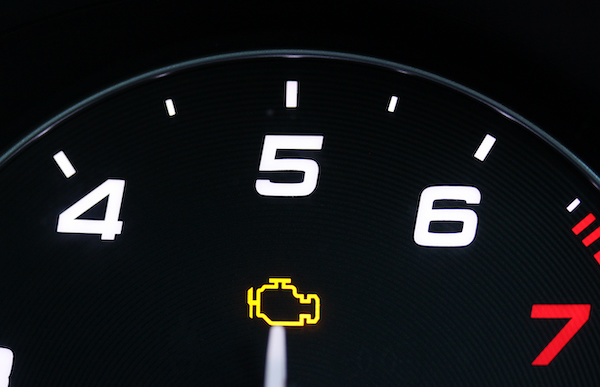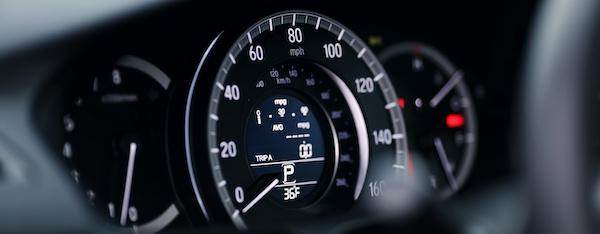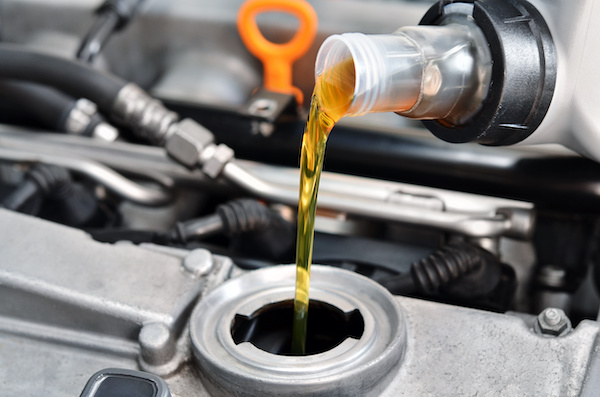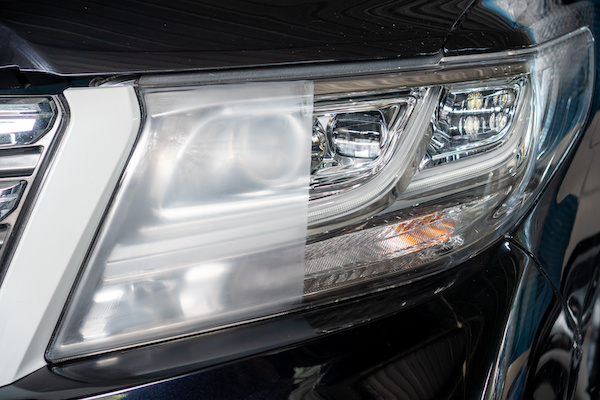Posted on 12/23/2021

Cars make several noises; hence it can be challenging to identify what kind is a sign of trouble and that which is not. However, you may be able to discern a few of the noises after long-term use of your vehicle. The bottom line is never to ignore any new noise to keep yourself, and other road users safe. 5 Car Noises You Shouldn't Ignore High Pitched Screeching Noise High pitched screeching, squealing, scraping, and grinding while applying brakes is a sign of worn-out brake pads. Take your vehicle for servicing immediately you hear these noises. Allowing this to linger for long may lead to total brake failure, which is dangerous and may cause accidents. "Pops"/Roar from the Exhaust Popping noises and roar in the exhaust of your car system is not a sign of good performance; instead, it is an indicator that you need to see your car mechanic for immediate repairs. Exhaust pops are usually caused by leaks from the exhaust system, mainly in the fuel injector. Moreo ... read more
Posted on 11/30/2021

It can be scary for you to see the check engine light suddenly come on your dashboard mid-drive. If this has happened to you, please know that you're not alone. Check engine lights can come on for various reasons, and it's more common than you might think. Why Is The Check Engine Light On? Your check engine light only lights up when one of your many vehicle sensors picks up an anomaly. Any issues detected by your sensors and sent to your car's computer system will cause this light to come about. The check engine light means there's likely an issue under the hood. Here are 5 common problems that may cause this warning light to appear on your dash: Damaged Oxygen Sensor Failing Catalytic Converter Defective Mass Airflow Sensor Old Spark Plugs Loose Gas Cap What Should I Do When My Check Engine Light Comes On? The most important thing to remember first is to remain calm. The first thing you should do is examine the light's behavior - is it blinking? If the lig ... read more
Posted on 10/28/2021

You might not think about your speedometer often, but it is one of your vehicle's most important safety features that is used every time you drive. The speedometer is responsible for accurately showing you the speed at which your vehicle is going. Since it's an instinct to trust our speedometer, it can sometimes be difficult to tell when it's inaccurate (or broken). When your speedometer starts to malfunction, you should bring it to Brazzeal Automotive for an inspection, test, and repairs right away before you have to face the consequences. Common Problems with Speedometer The most common cause behind a defective speedometer is electrical issues within the car itself. However, it could also include: A defective speed sensor Failure in the engine control unit (ECU) Problem with electrical wiring or blown fuse Our certified team of professionals at Brazzeal can pinpoint your speedometer problem by evaluating multiple areas. We will first check the sen ... read more
Posted on 9/28/2021

Synthetic engine oil is comprised of petroleum along with organic and inorganic elements. The chemical make-up of synthetic oil is engineered to be more complex than the ones found in conventional oil. The additives in synthetic oils are purer, making the formula more consistent. Whereas the ingredients found in traditional oil are lower in quality, requiring more frequent oil changes. Did you know that more than half of modern vehicles use synthetic or semi-synthetic oil over conventional oil? Experts say that synthetic oil has certain advantages, including that it's thinner, lubricates better, and is more durable, making it prone to resist high heat and pressures. You should consider synthetic oil if: You favor less frequent oil changes or often forget to obtain service until the recommended interval has passed. You own a high-performance vehicle or drive in severe conditions resulting in a higher than average amount of heat. You are an eco-conscious individual and pr ... read more
Posted on 8/30/2021

If you're a person who likes their car clean, then you probably know the frustration of fuzzy or oxidized headlights. The problem with blurry headlights isn't just that they are visually unappealing, but faint lights also impact your visibility during night drives. In the past, vehicle headlights in older model cars were made of glass. However, the headlights on modern cars have evolved and been designed with a very tough plastic called polycarbonate plastic. While this heavy-duty plastic is sturdy, it's permeable. They come with a protective film, but with wear and tear, the layer can become damaged. With damage, the porous material will become oxidized. Before attempting all the DIYs you find on the internet, you must figure out whether the oxidation is inside or outside your headlight. If the imperfection is on the outside of your headlight, follow the easy instructions below to remove the oxidation. If the damage occurred on the inside of t ... read more